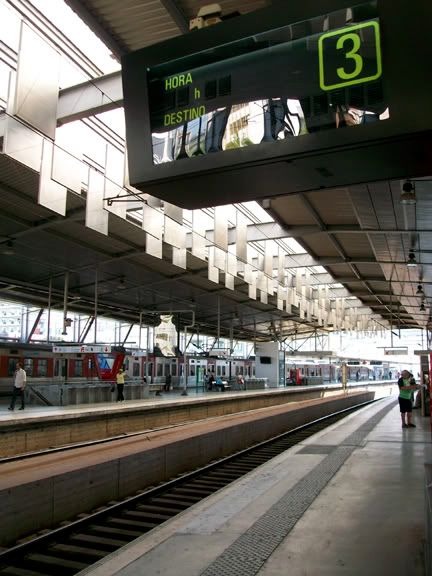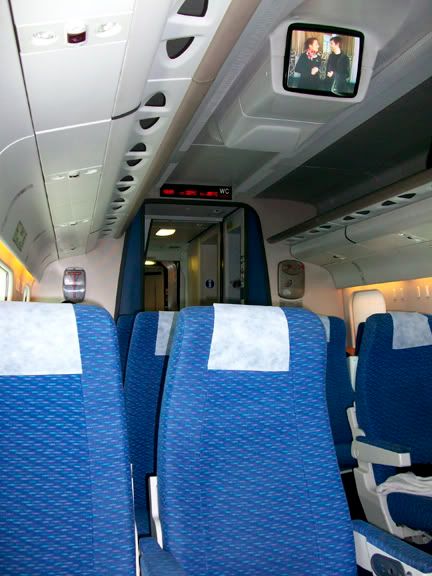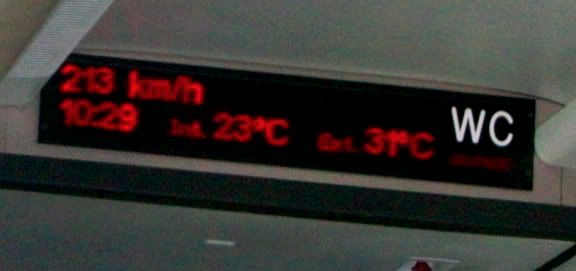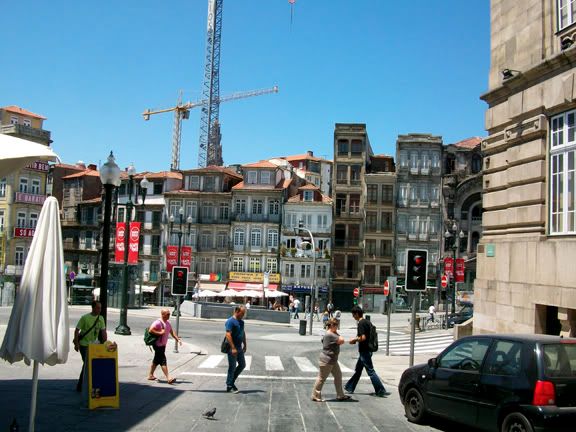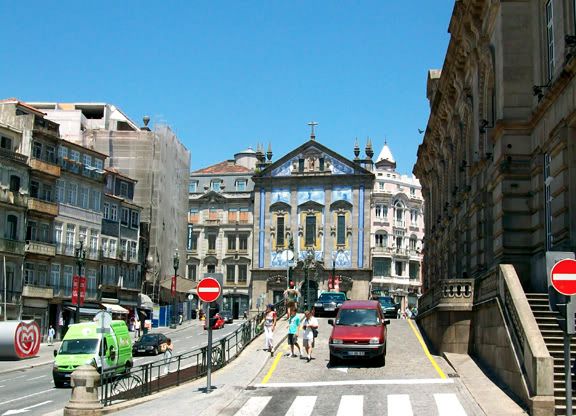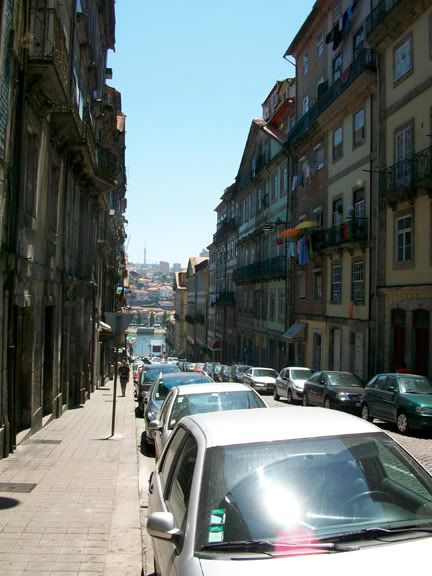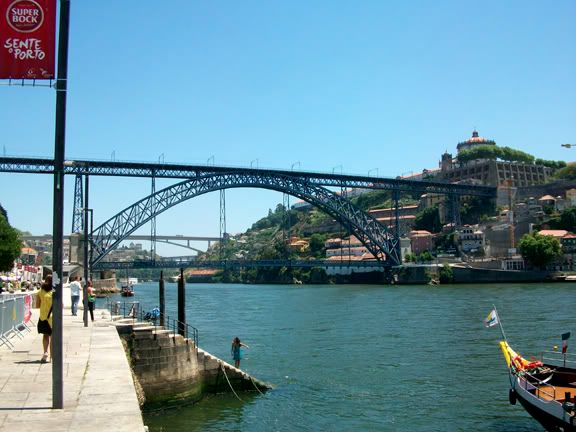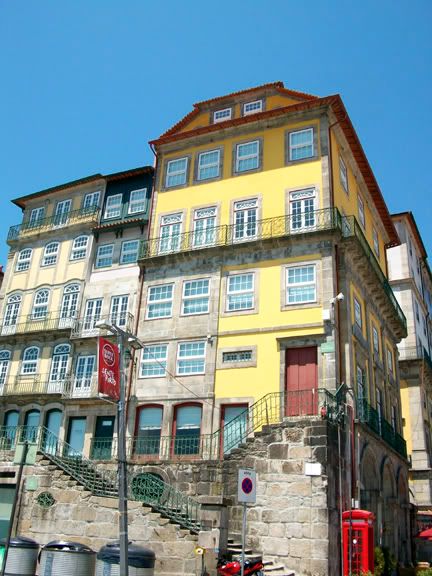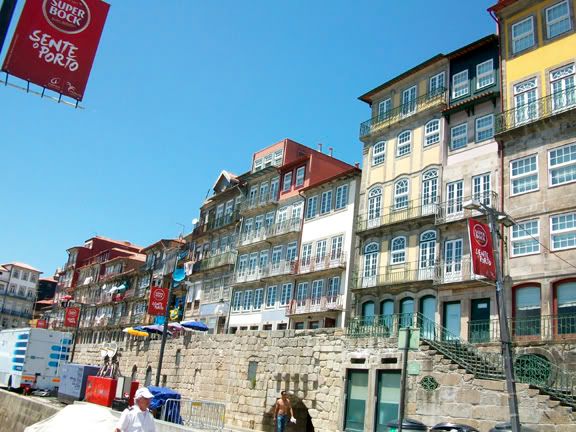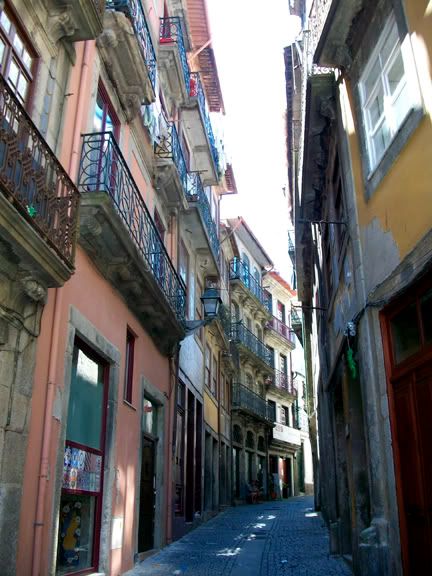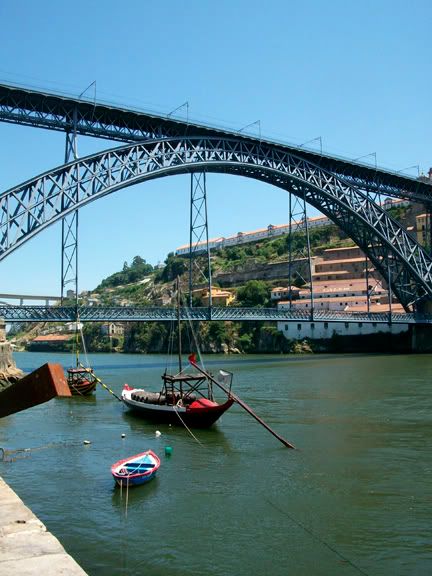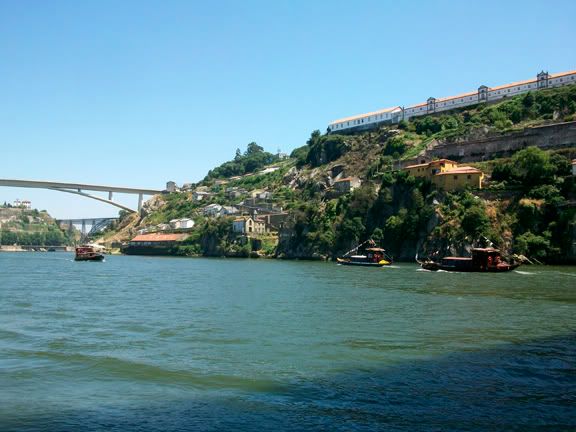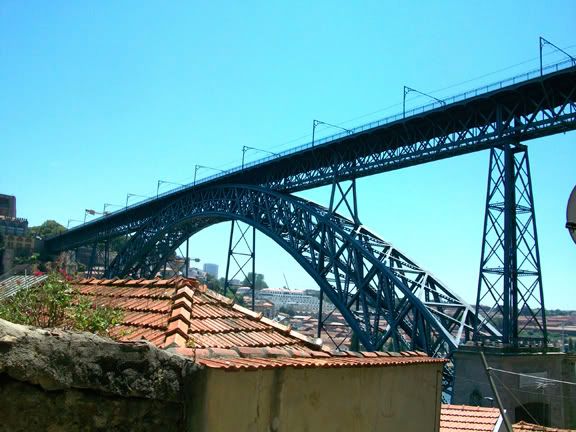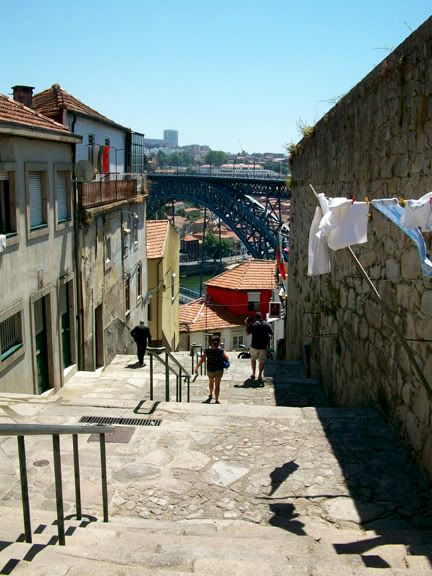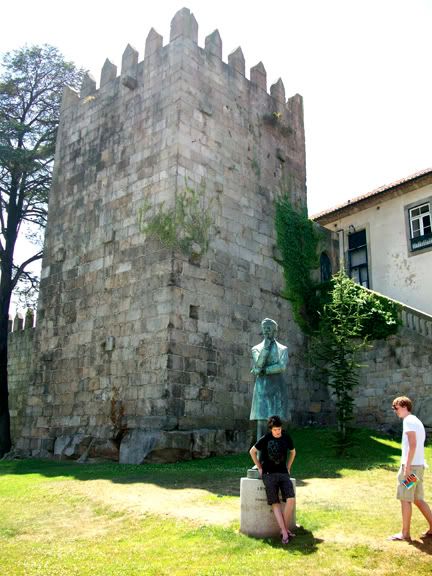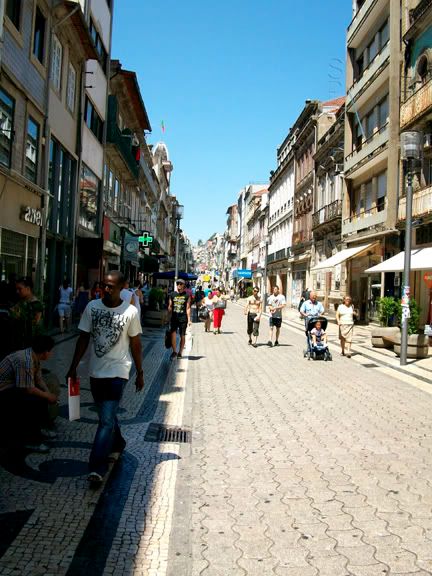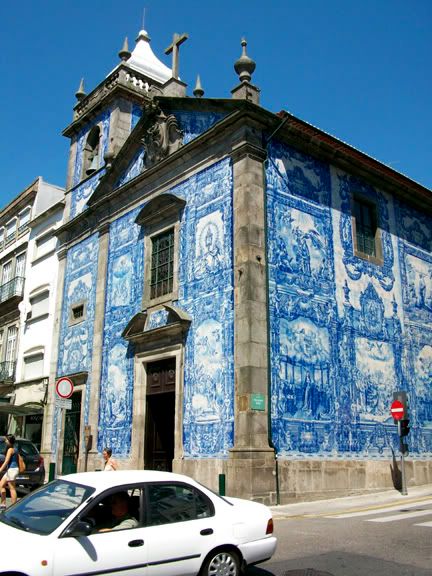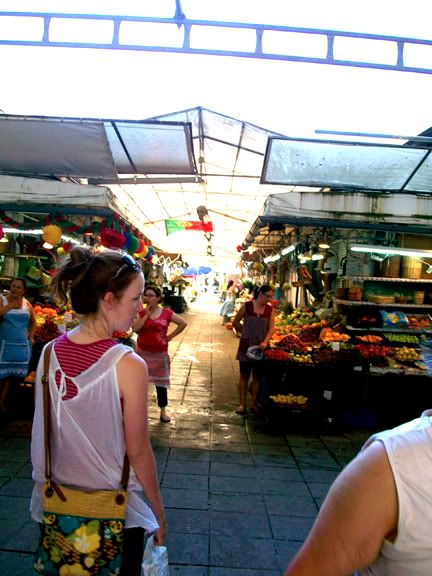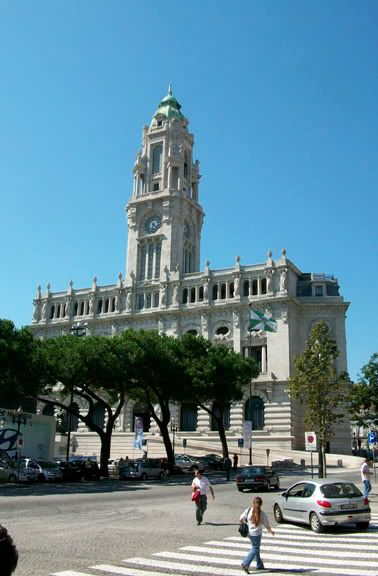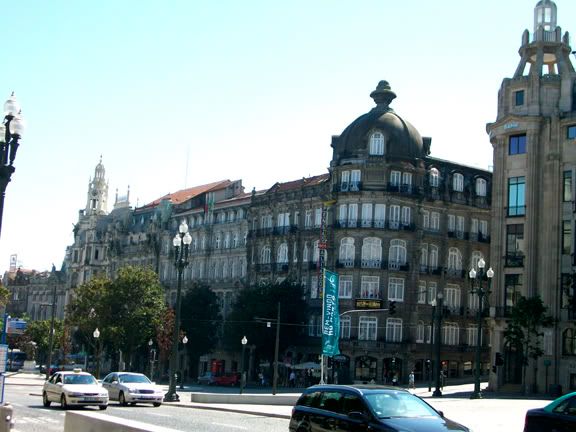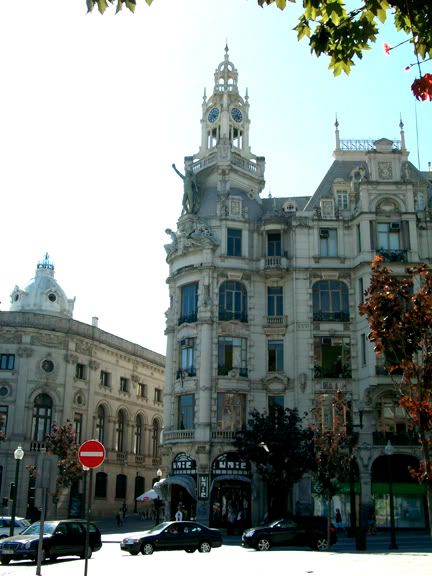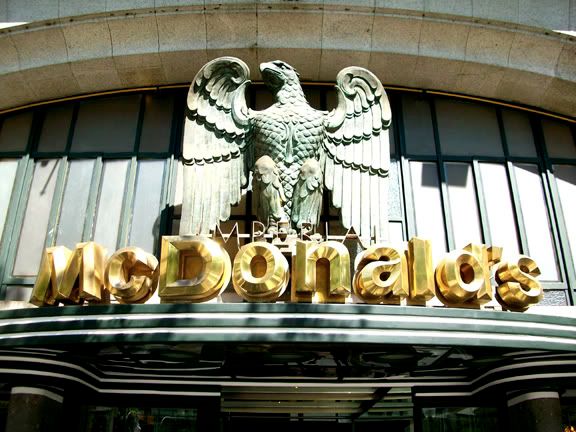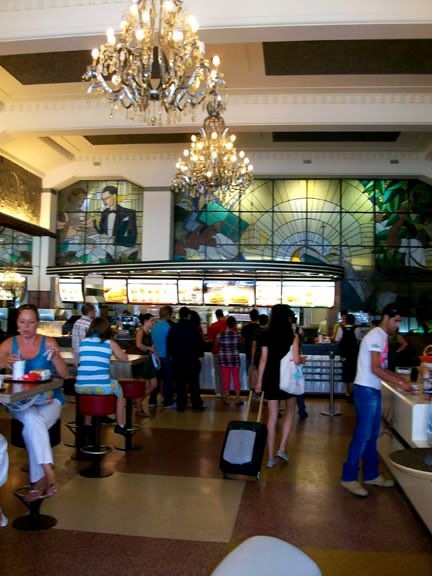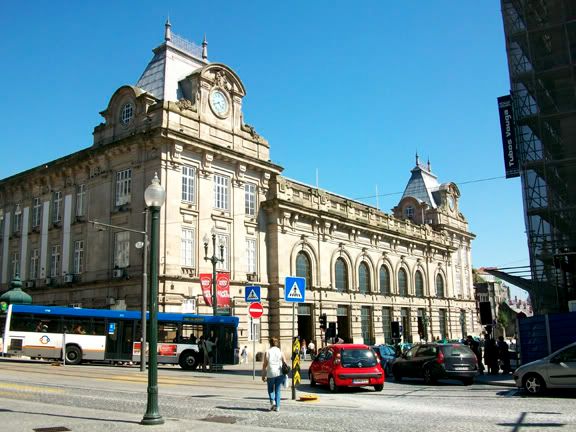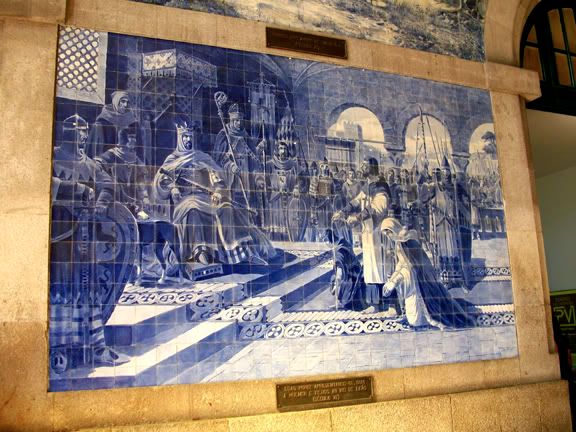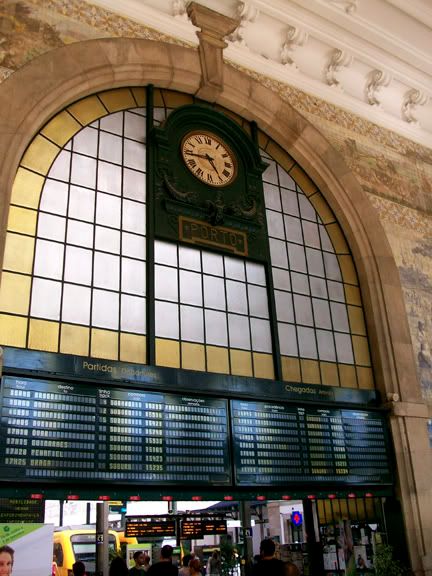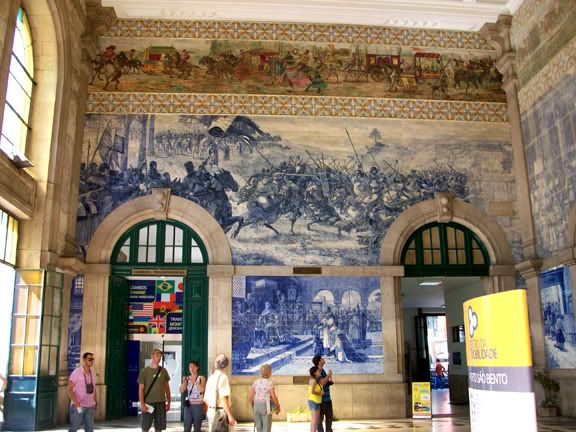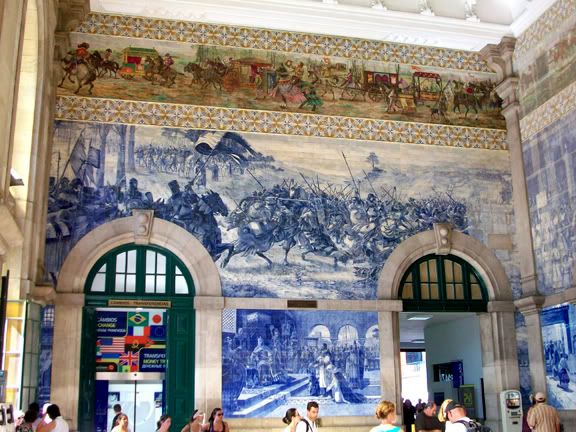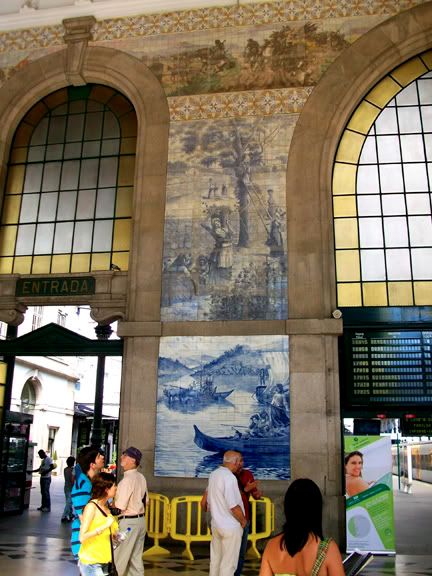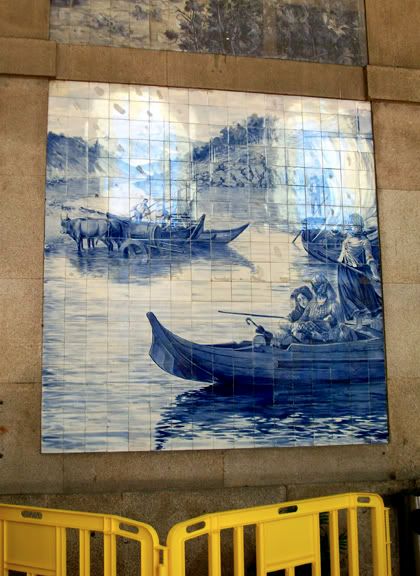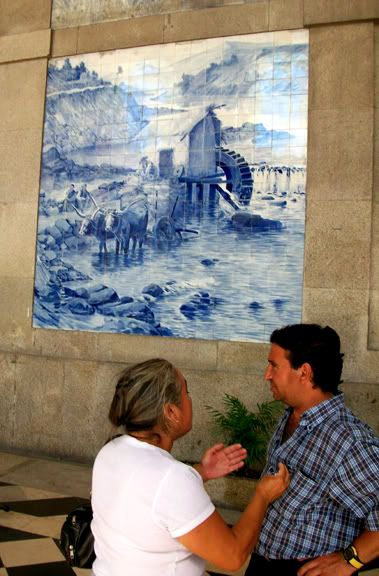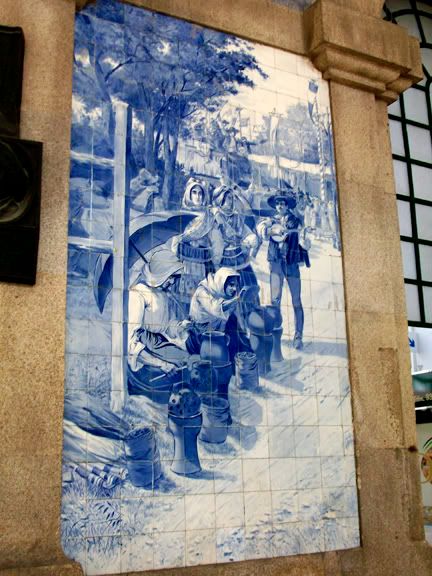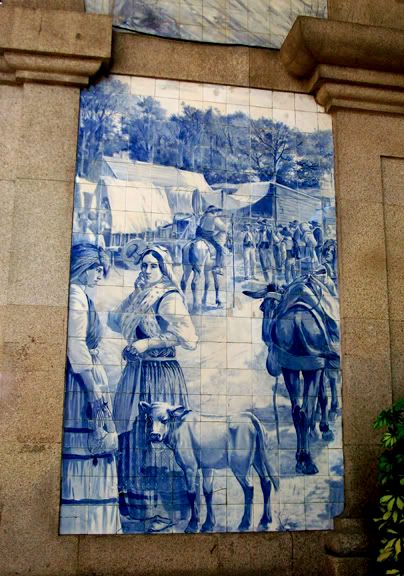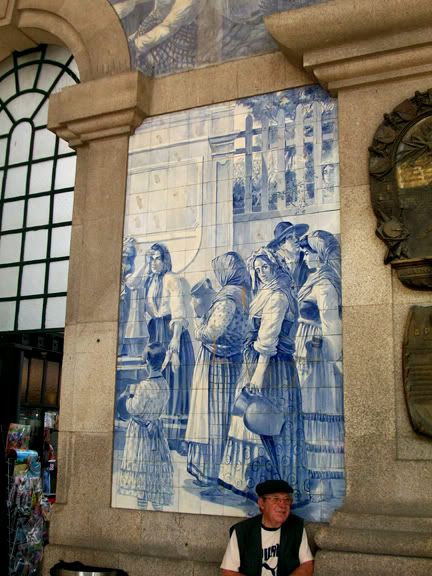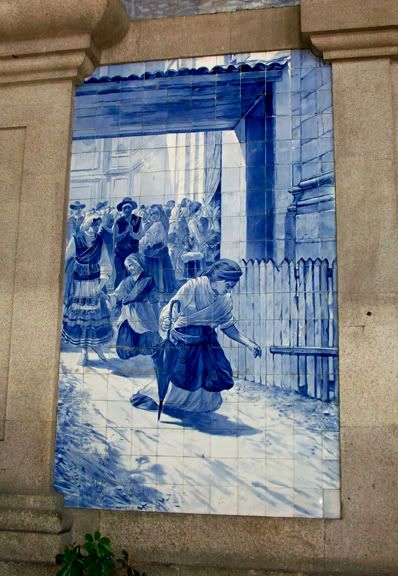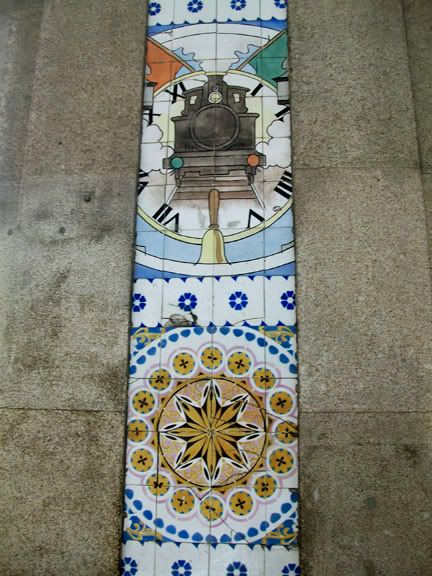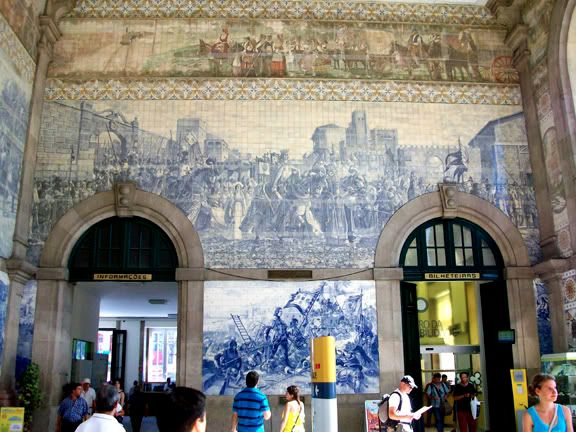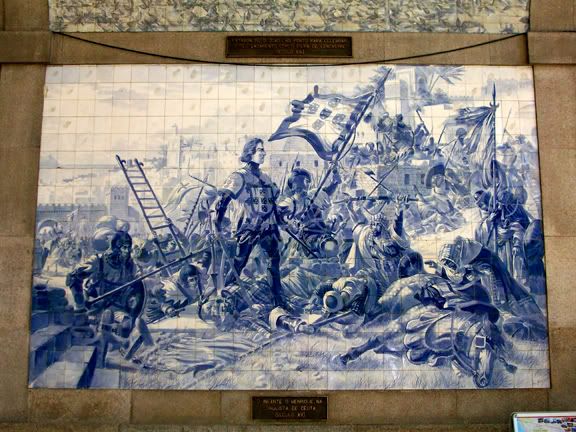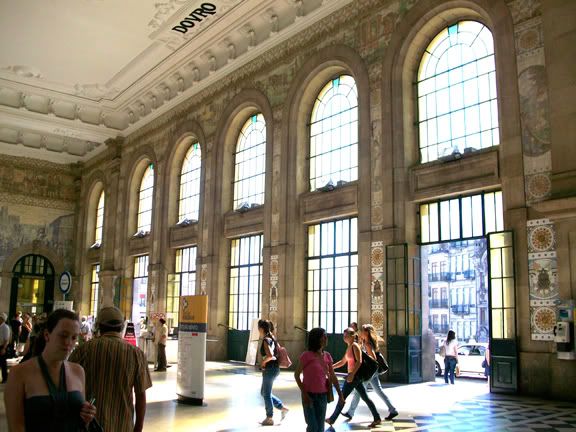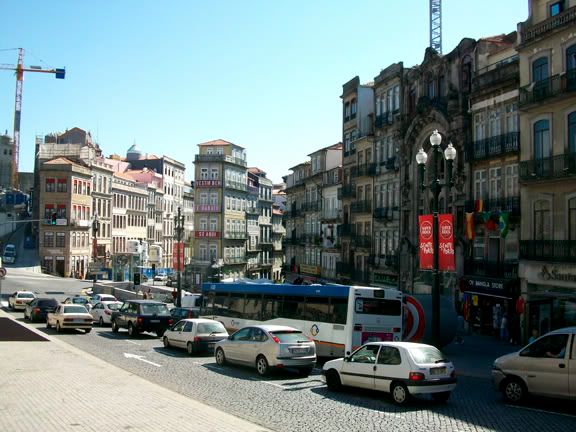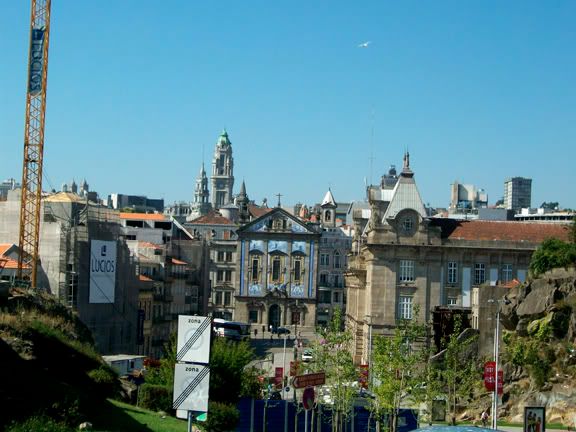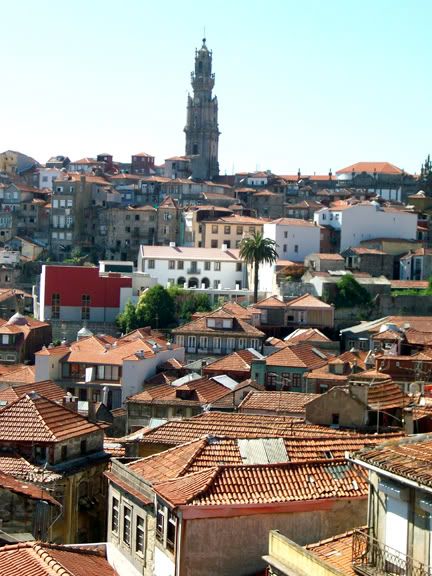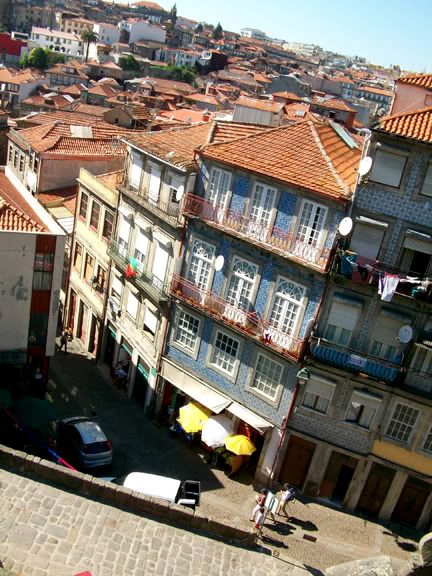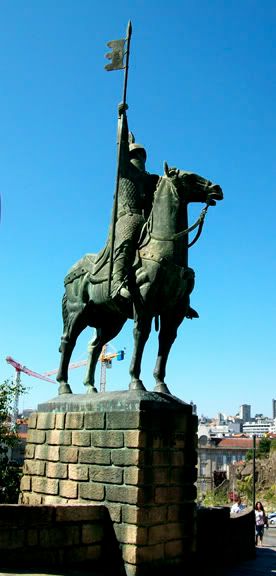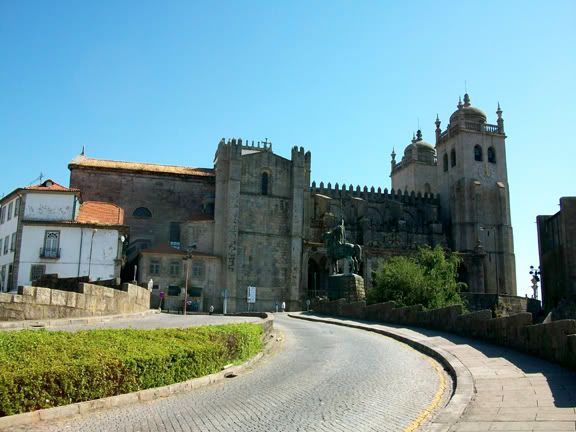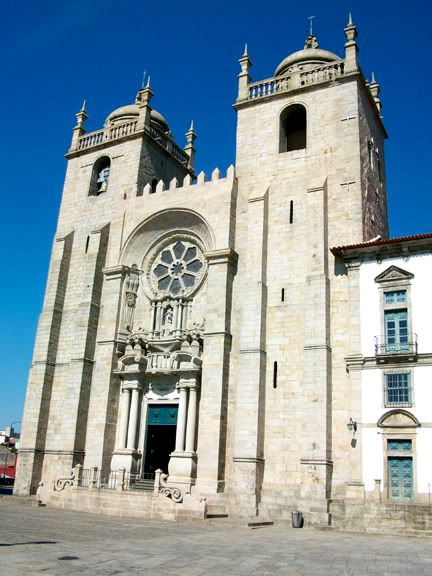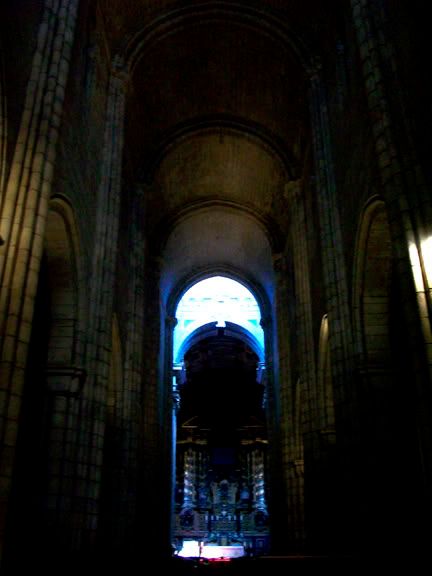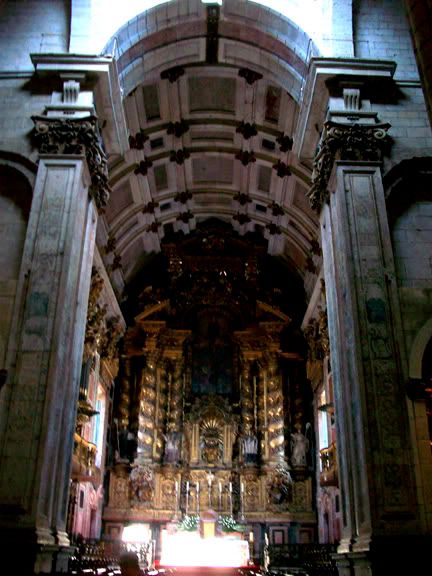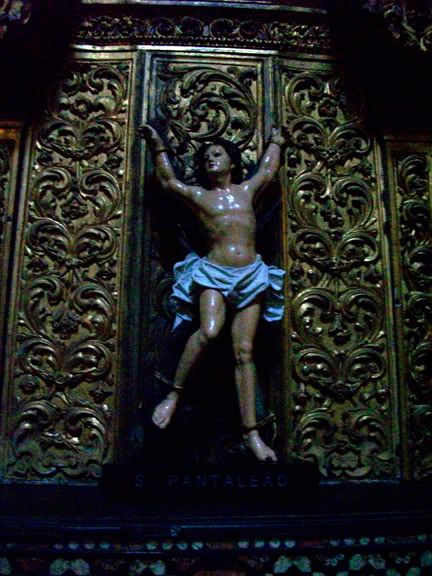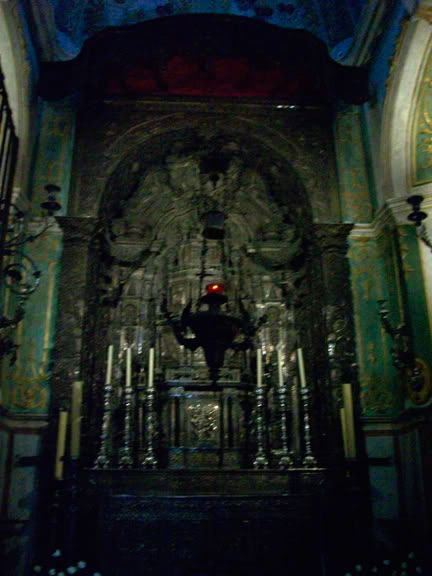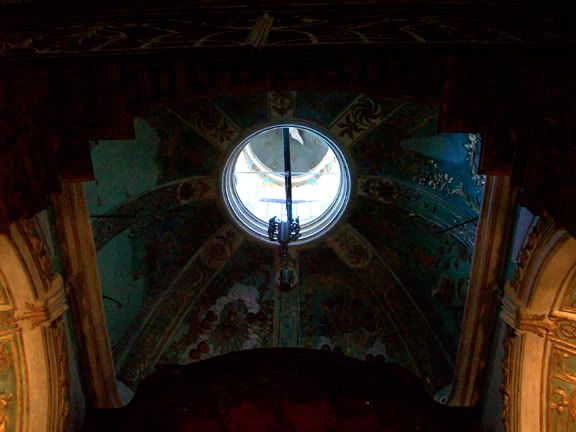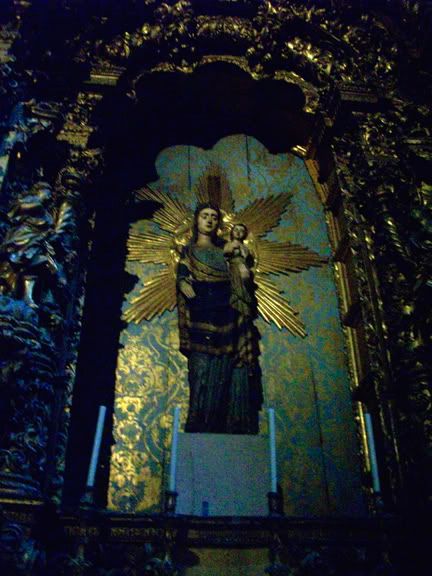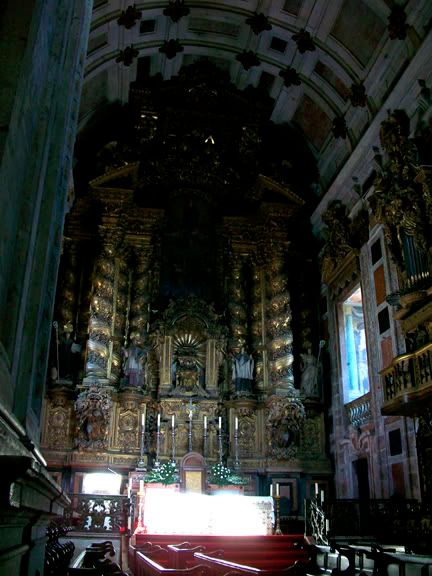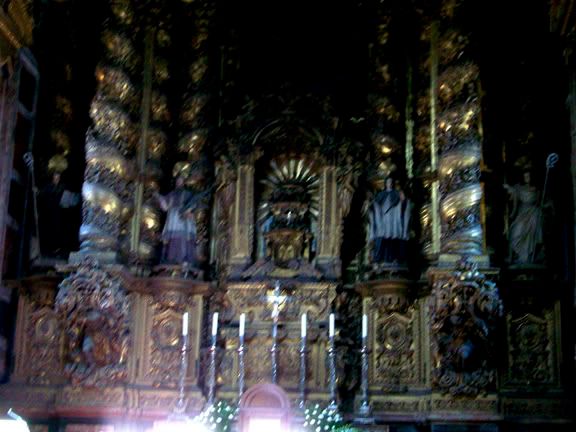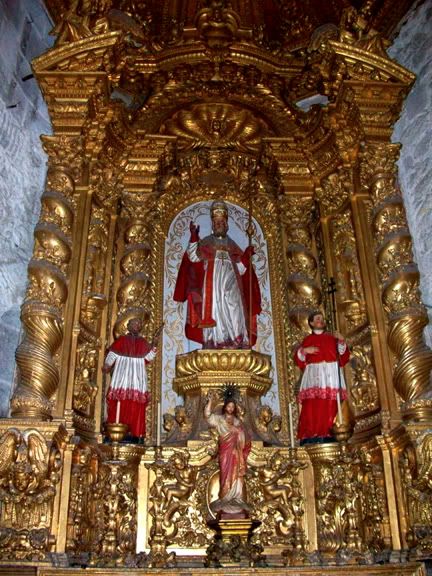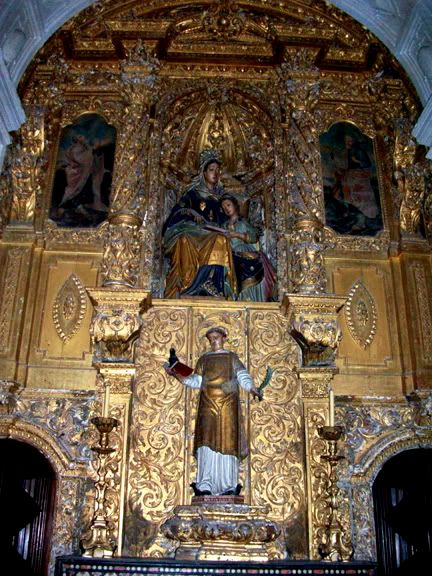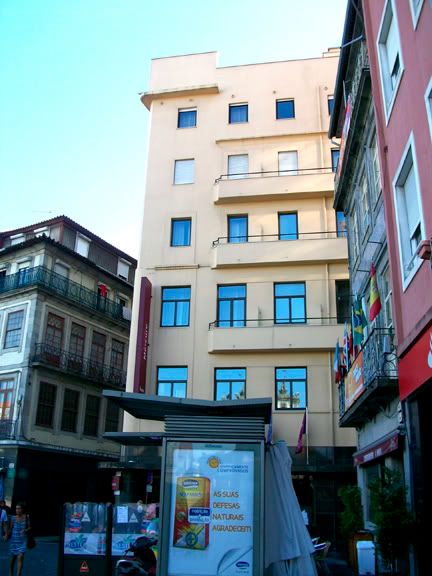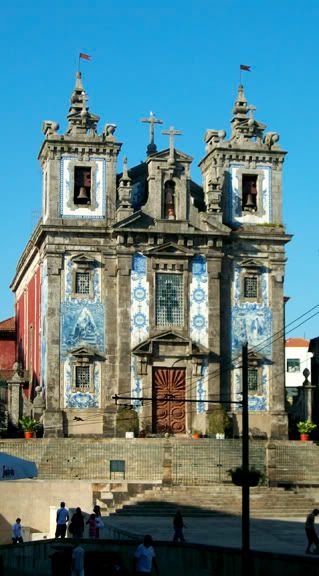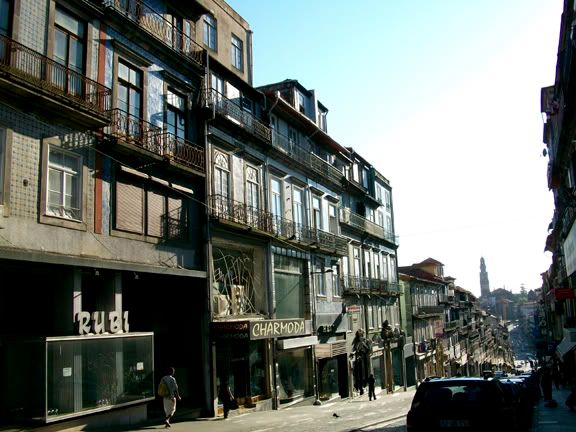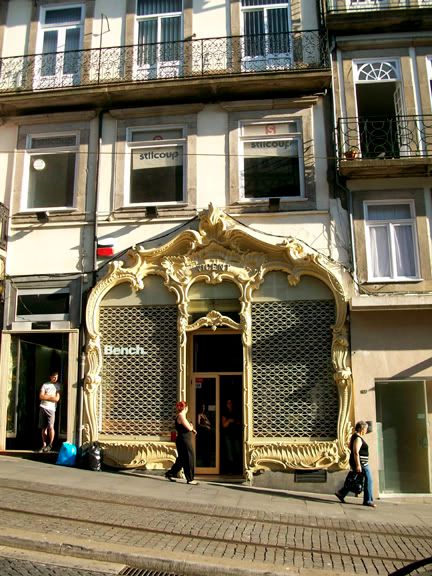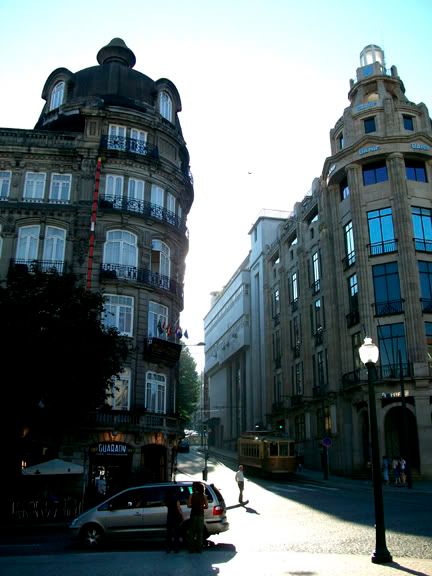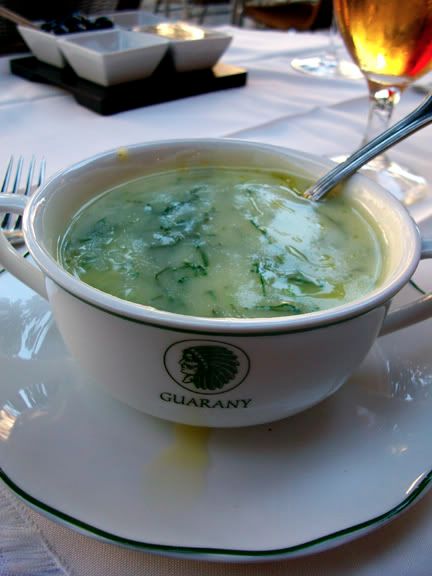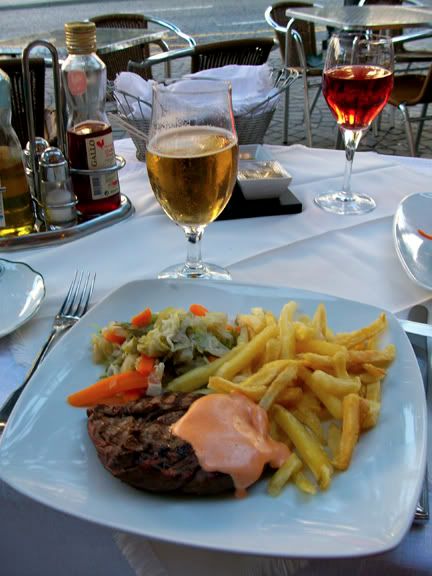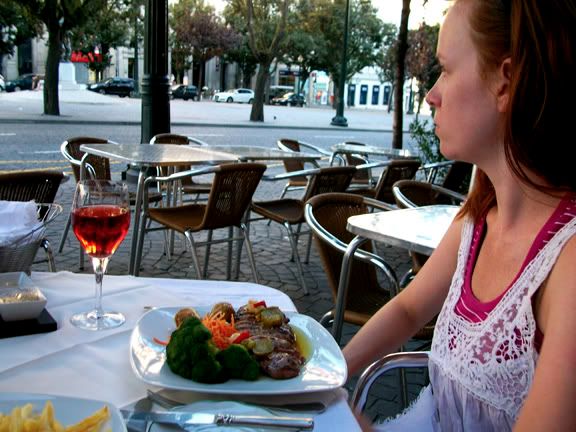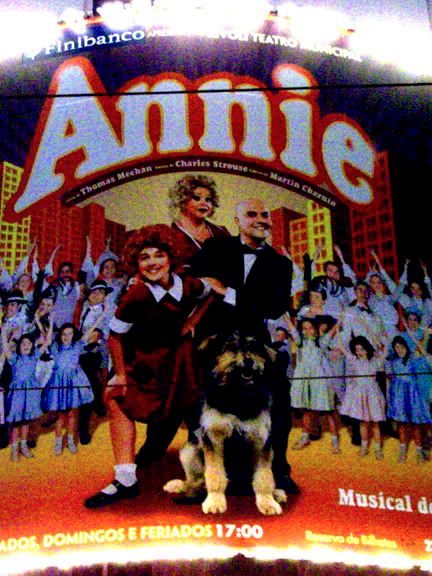July 6th
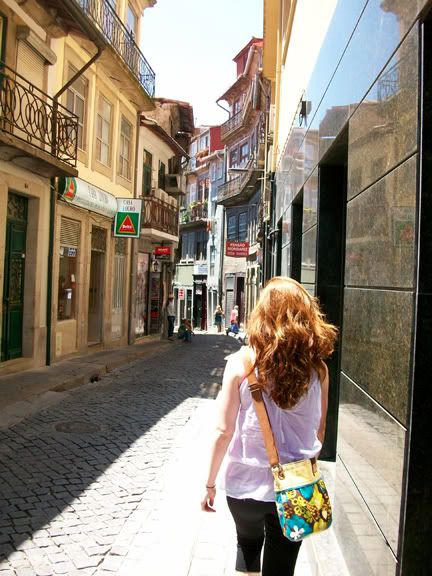

We started in the south of Portugal in a city of the Algarve called Albufeira. Then we moved on to Lisbon (Lisboa). Now, we head to the final leg of our journey in the north in Porto. It's about the only place in Portugal that seems to have been untouched by the 1755 earthquake is is a United Nations World Heritage Site . But first, we have to get there...
Waiting to catch the quick, convenient, efficient high speed train.
If these were in the States, I'd probably never fly again... We met a nice family from Lisbon with the grandparents from Faro. The grandpa kept encouraging the shy grandson to talk in English with us. The family watched Megan write in her journal like a robot and the kid watched me draw. Then he drew a portrait of his grandpa with a lot of nose hair and then a monkey with a banana. We spoke for a little bit and they were nice. Later on, we bumped into them again since we were staying at the same hotel. Found out the mom worked for the IMF and all sorts of other things.
It's 10:29. 23C inside (73F). 31C outside (88F). And we're going 213 Kilometers per hour (132 MPH). The highest I saw was 222 KPH (138 MPH).
The streets of Porto
Ponte Dom Luís I Bridge crossing the Douro River. The river leads to the Douro Valley were they grow wine grapes. The bridge leads to Vila Nova de Gaia where they store and we drink the wine...
Along the Ribeira
Right behind the buildings on the river are a lot of really good, really cheap restaurants. The first place we went to we had a water, Sagres beer, and a sandwich for about 2 Euro. No wonder you don't really see American-style fast food joints here. Why eat that junk when it's cheaper and better to eat and one of these joints?
Looking back downhill in a country that is all uphill...
Old City Wall with some kids at a statue
Checking out Rua de Santa Catarina, the pedestrian shopping district
A church with a completely tiled exterior.
The Bolhão (market). It was a pretty cool place with all sorts of meat, fruit, flowers and junk.
Avenida dos Aliados (Avenue of the Allies), which is named on behalf of the alliance between the English and the Portuguese when King João I married Philippa of Lancaster. It's a street of Art Nouveau and Art Deco buildings with Câmara Municipal (City Hall) in the prime real estate.
Imperial McDonald's. This use to be the Imperial Café, but has been taken over since.
What do you think? Is this the fanciest McDonald's in the world?
Estação São Bento (São Bento Train Station).
Inside Estação São Bento, it is covered in tile depicting the history of Portugal. Here's King João I getting hitched to Philippa of Lancaster. Parents of Prince Henry the Navigator.
King João I and Philippa marriage is below. Above that is Prince Henry the Navigator taking over Ceuta, Morocco in 1415, which was the first step toward creating the Portuguese empire. At the very top are various modes of transportation dating back to the Roman chariots.
Scenes from their traditional economy: Transport of wine
some kind of mill. I really like this one because of the lady who really uses her hands to talk...
hanging out
going to the market?
Waiting in line with the most Portuguese man in Portugal standing guard
Victory
Not a bad place, eh?
Very slender buildings
Igreja e Torre doe Clérigos (Clérigos Church and Tower) in the distance
Guy protecting Cathedral Sé
Cathedral Sé. This is where King João I and Philippa of Lancaster got married, Henry the Navigator was baptised, as well as tons of other events. Built in the 1100s and Baroque art work from the 18th century.
God's entrance
Mercure Porto Centro at Praça da Batalha, which was our hotel.
Another tile covered church.
Restaurante Guarany, which is a famous artist cafe that opened up in 1933. The most upscale place to watch the World Cup. This is Caldo Verde, which is a cabbage soup. It's pretty much their unofficial national soup. The first time we had it, we thought the finely cut cabbage was grass. We still ate it because it tasted good.
Fries with everything. Heaven...
Megan overlooking the boulevard
This Annie looks terrifying. And the songs sung in Portuguese blasting outside the building were even stranger...

